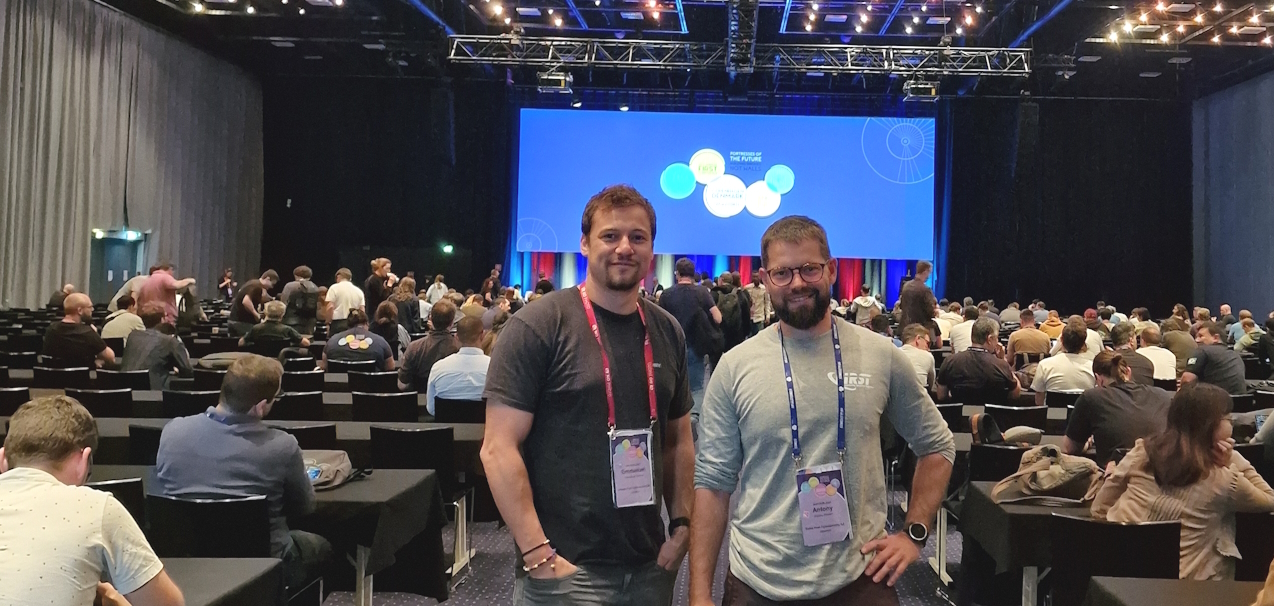


Governance, Risk & Compliance
Orchestrating security. Manage risks. Ensuring compliance - your strategic advantage in the digital world.
We take care of your security
In an increasingly connected world with rising cyber threats and complex regulatory requirements, a well-thought-out governance, risk and compliance (GRC) framework not only provides protection, but also creates a sustainable competitive advantage for your business. We offer a intuitive portfolio of GRC services designed to help you manage risk, comply with regulations and align security practices with your business objectives.
The added value for your company
Our expertise - for your protection
Swiss Post Cybersecurity combines the proven Swiss security tradition with innovative cybersecurity solutions. Our GRC experts have extensive industry knowledge and understand the specific challenges that companies of all sizes face today. We work according to the NIST 2.0 framework and offer you modular solutions that are precisely tailored to your needs.
Govern
Governance forms the foundation for your resistant cybersecurity management. Here we establish the necessary structures, processes and responsibilities to ensure that cybersecurity is anchored at a strategic level in your company.
CISO as a Service
Our "CISO as a Service" gives you direct access to strategic cybersecurity leadership expertise without the significant fixed costs of a full-time senior management position. A GRC senior consultant from Swiss Post Cybersecurity takes on the role of Chief Information Security Officer (CISO) directly in your organization and adapts to your time and content requirements - flexibly and cost-effectively.
Why is this important?
Our CISOs not only bring in-depth specialist knowledge, but also valuable experience from a wide range of industries and projects. This perspective makes it possible to transfer proven concepts to your specific situation and develop innovative solutions. The flexible structure also makes it possible to adapt the intensity of the service precisely to your current challenges. This is particularly valuable for SMEs or organizations that want to professionalize their security structure without having to set up a full in-house security team immediately.
Our two-stage approach to sustainable security
Cybersecurity readiness
Our cybersecurity readiness program is based on the ICT baseline protection method of the German Federal Office for Information Security (BSI). The customer's SPOC works closely with us and takes on the internal coordination, while we coach the company, provide proactive guidance and materials. Your security officer is given the necessary skills to monitor cyber security with our ongoing support. This service is ideal for companies looking to build internal cybersecurity knowledge.
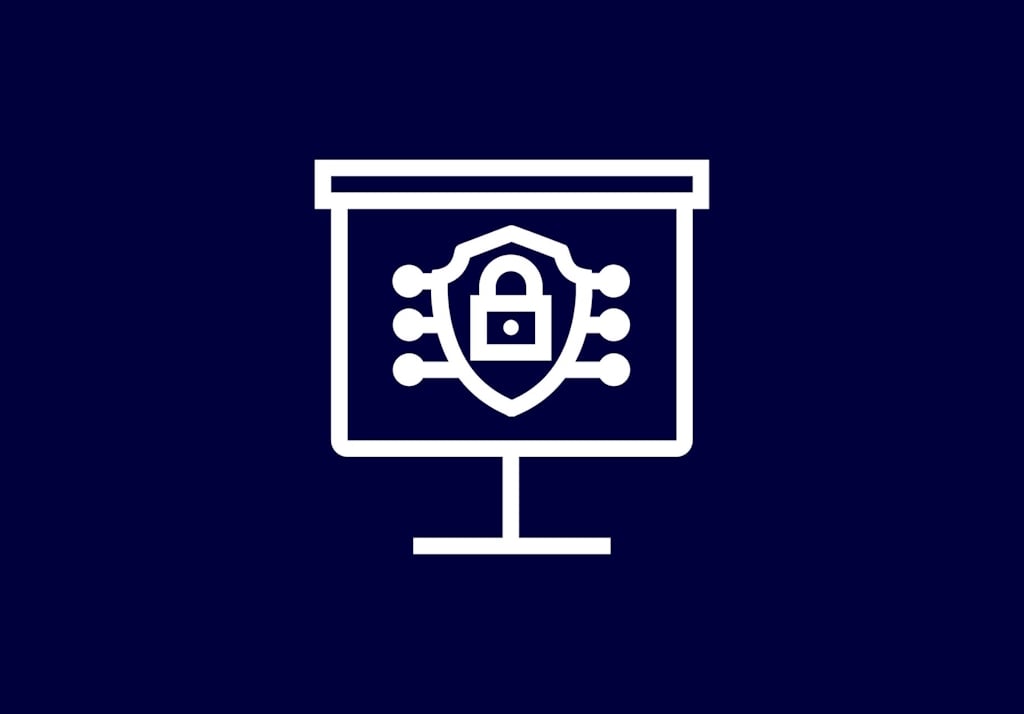
Tabletop Exercise
With our tabletop exercises, we simulate a cyber security incident to test and evaluate your company's ability to respond. "Tabletop" refers to an exercise without the use of IT components, i.e. based solely on documented information such as emergency plans, checklists, communication channels and response processes under realistic conditions. The exercises are geared towards various scenarios - from ransomware attacks to data breaches - and provide valuable insights for improving your incident response capabilities.
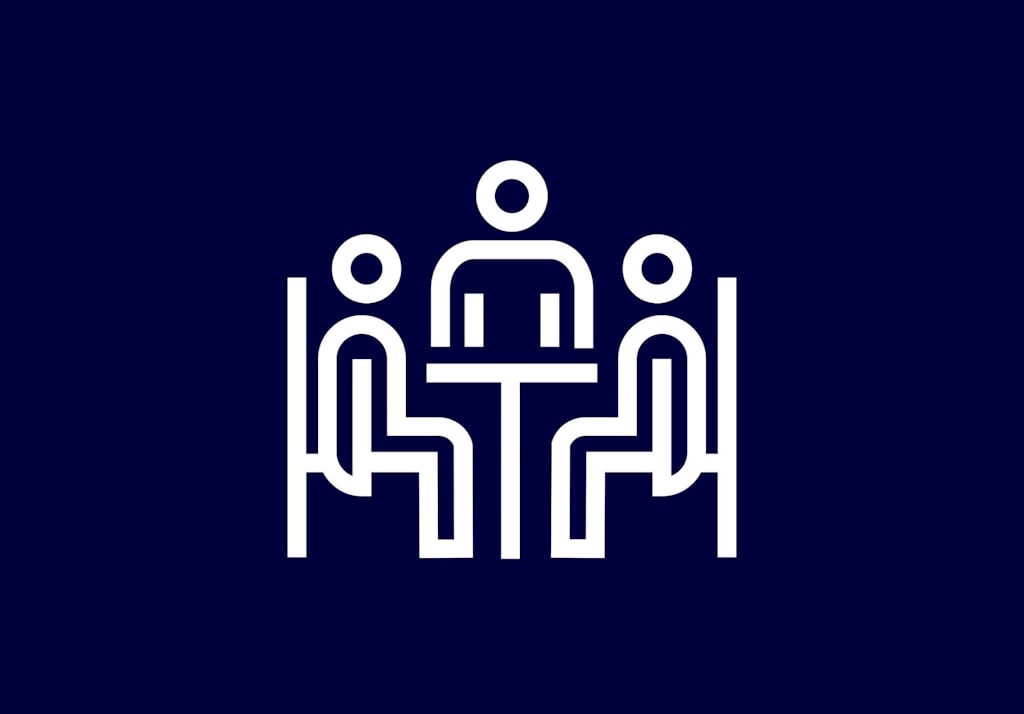
GAP Analysis against Security Standard
Our GAP analysis compares your existing IT security measures with recognized standards or industry-specific requirements. We identify specific gaps in your security architecture and create a realistic implementation plan to close them. This pragmatic approach enables you to gradually achieve compliance with relevant standards while continuously improving your security maturity.
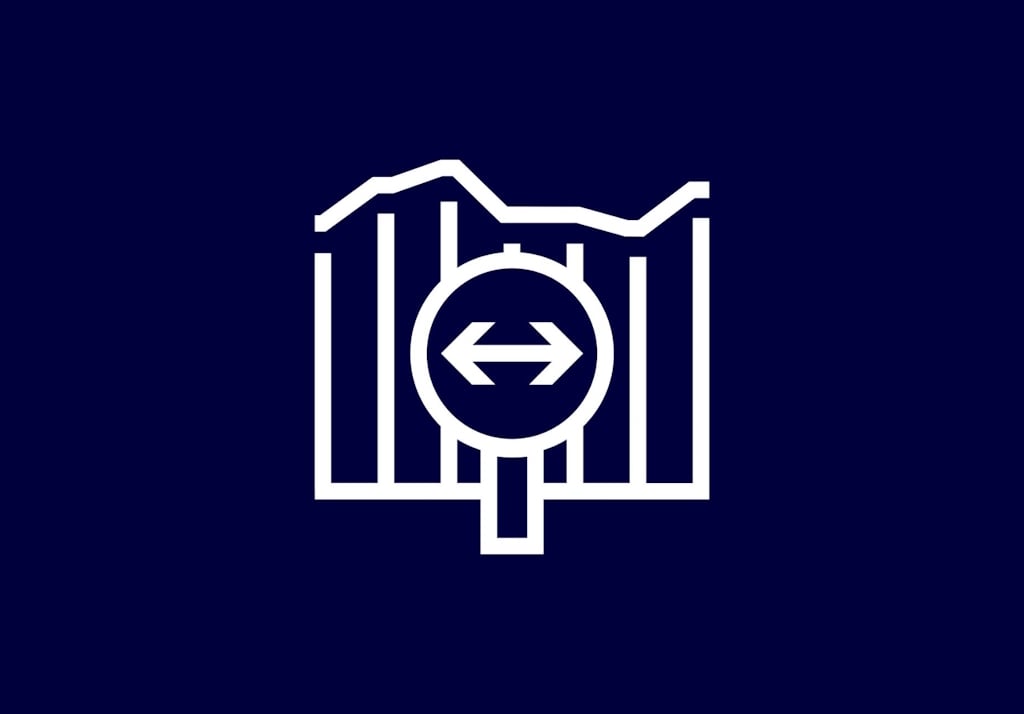
Audit to ICT minimum Standard
Our audit based on the NIST-compliant ICT minimum standard checks the cybersecurity measures in your company. This standard, recommended by the Federal Office for National Economic Supply (FONES), is particularly important when it comes to critical infrastructures. We systematically assess your resilience to cyber attacks and identify critical potential for improvement. We summarize the results in a clear report with specific recommendations for action, which serves as a basis for your security investment decisions.
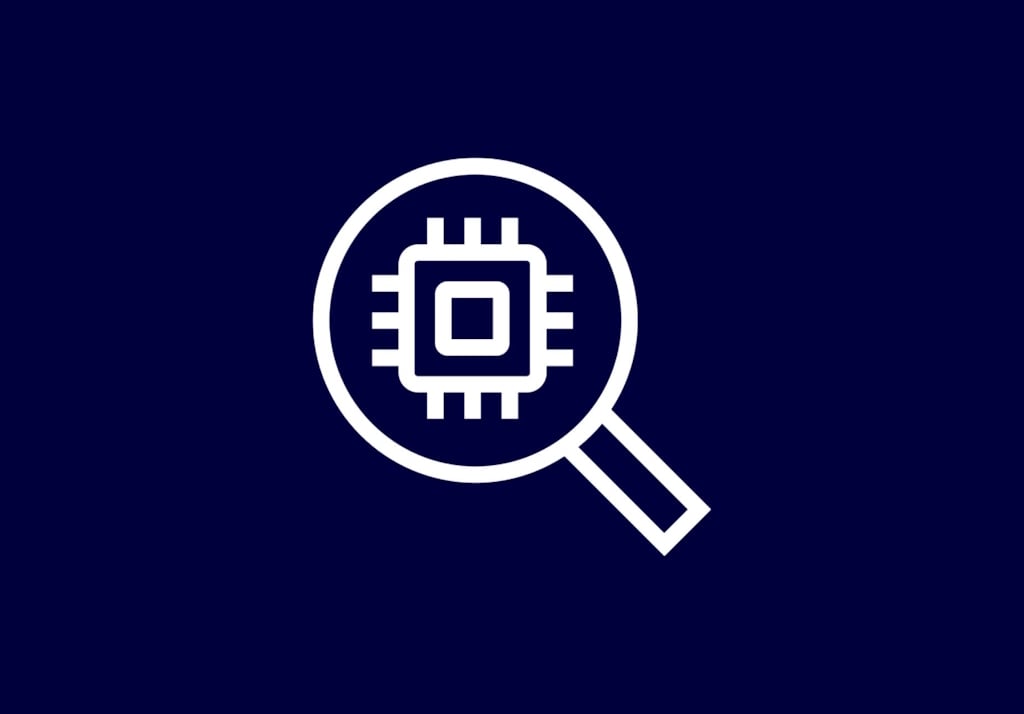
Risk Analysis
Our comprehensive risk analysis systematically identifies, evaluates and prioritizes potential risks to your company's data assets. We take into account both technical and business aspects and develop customized strategies to minimize risks. By systematically evaluating threat scenarios and their impact on your business processes, we enable sound decision-making when allocating security resources.
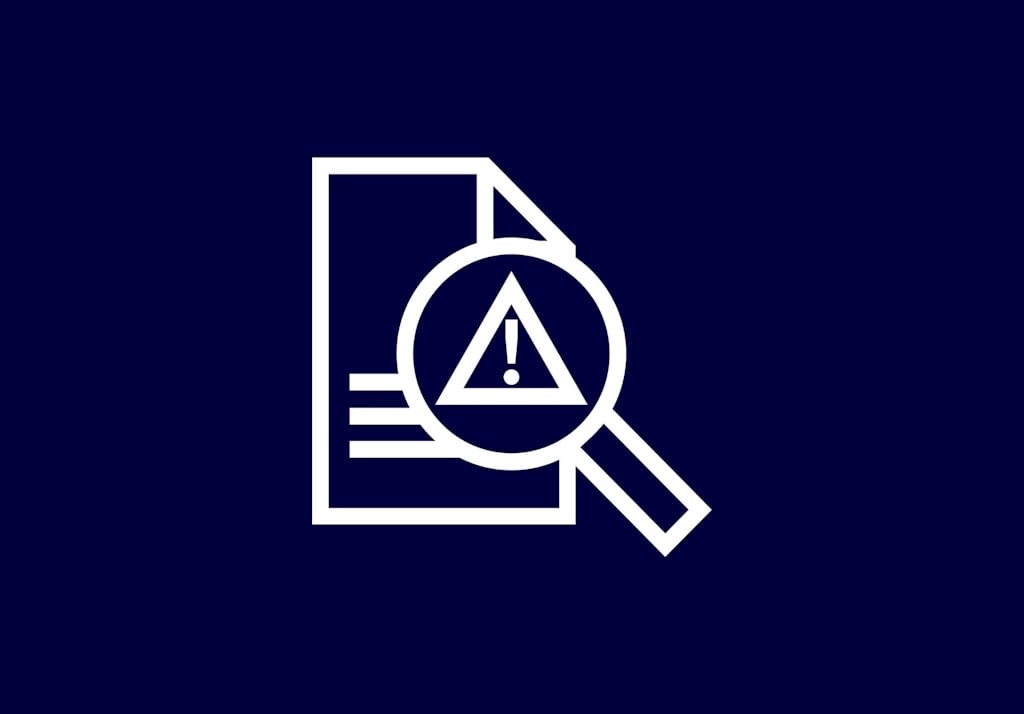
Identify
In the Identify area, we focus on the systematic identification and assessment of security risks. We develop a comprehensive understanding of your digital assets, their significance for your business processes and the associated threat landscape. These findings form the basis for targeted protective measures and efficient resource prioritization in the area of cybersecurity.
CISO as a Service
Our "CISO as a Service" gives you direct access to strategic cybersecurity leadership expertise without the significant fixed costs of a full-time senior management position. A GRC senior consultant from Swiss Post Cybersecurity takes on the role of Chief Information Security Officer (CISO) directly in your organization and adapts to your time and content requirements - flexibly and cost-effectively.
Why is this important?
Our CISOs not only bring in-depth specialist knowledge, but also valuable experience from a wide range of industries and projects. This perspective makes it possible to transfer proven concepts to your specific situation and develop innovative solutions. The flexible structure also makes it possible to adapt the intensity of the service precisely to your current challenges. This is particularly valuable for SMEs or organizations that want to professionalize their security structure without having to set up a full in-house security team immediately.
Our two-stage approach to sustainable security
Security Officer on Demand
Our "Security Officer on Demand" service offers you flexible support from a GRC senior consultant from Swiss Post Cybersecurity for specific projects or temporary requirements. In contrast to the more comprehensive CISO service, this service focuses on specific operational tasks or technical aspects of information security. You get exactly the expertise you need for specific challenges without having to make long-term commitments.
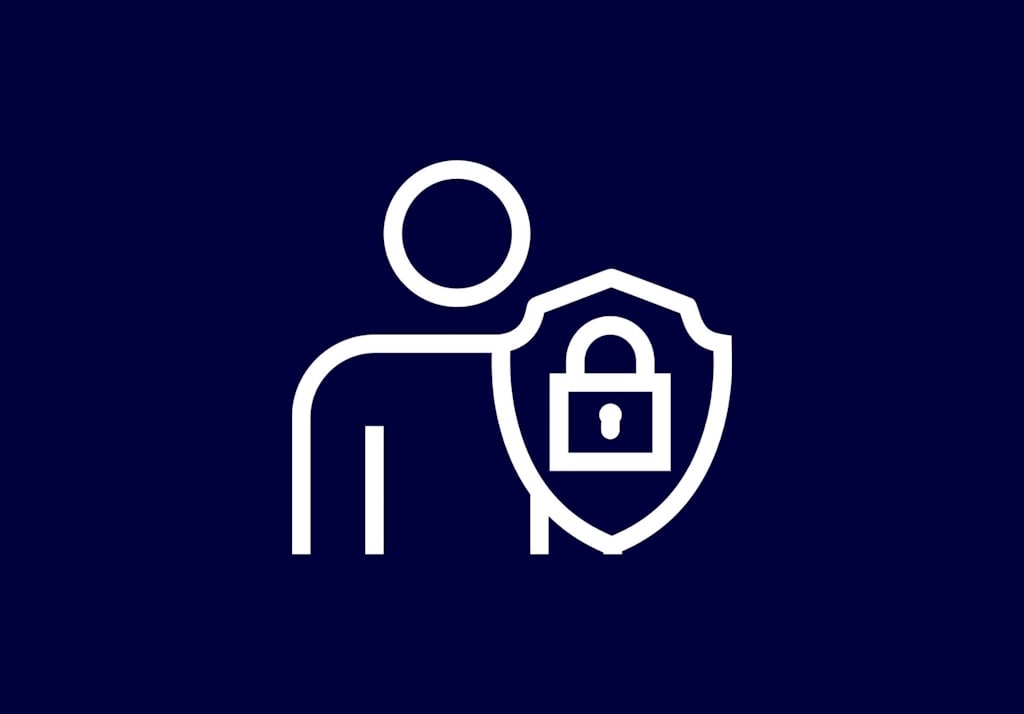
Cybersecurity readiness
Our cybersecurity readiness program is based on the ICT baseline protection method of the German Federal Office for Information Security (BSI). The customer's SPOC works closely with us and takes on the internal coordination, while we coach the company, provide proactive guidance and materials. Your security officer is given the necessary skills to monitor cyber security with our ongoing support. This service is ideal for companies looking to build internal cybersecurity knowledge.

Tabletop Exercise
With our tabletop exercises, we simulate a cyber security incident to test and evaluate your company's ability to respond. "Tabletop" refers to an exercise without the use of IT components, i.e. based solely on documented information such as emergency plans, checklists, communication channels and response processes under realistic conditions. The exercises are geared towards various scenarios - from ransomware attacks to data breaches - and provide valuable insights for improving your incident response capabilities.

Get in touch with us
Is your business inadequately protected?
Get in touch with us today to protect your business against cyber threats.
Protect
Effective protective measures form the first line of defense against cyber attacks. Through a strategic combination of technical, organizational and personnel measures, we create a multi-layered security concept that increases the effort required by potential attackers and significantly reduces the likelihood of attacks being successful.
CISO as a Service
Our "CISO as a Service" gives you direct access to strategic cybersecurity leadership expertise without the significant fixed costs of a full-time senior management position. A GRC senior consultant from Swiss Post Cybersecurity takes on the role of Chief Information Security Officer (CISO) directly in your organization and adapts to your time and content requirements - flexibly and cost-effectively.
Why is this important?
Our CISOs not only bring in-depth specialist knowledge, but also valuable experience from a wide range of industries and projects. This perspective makes it possible to transfer proven concepts to your specific situation and develop innovative solutions. The flexible structure also makes it possible to adapt the intensity of the service precisely to your current challenges. This is particularly valuable for SMEs or organizations that want to professionalize their security structure without having to set up a full in-house security team immediately.
Our two-stage approach to sustainable security
Security Officer on Demand
Our "Security Officer on Demand" service offers you flexible support from a GRC senior consultant from Swiss Post Cybersecurity for specific projects or temporary requirements. In contrast to the more comprehensive CISO service, this service focuses on specific operational tasks or technical aspects of information security. You get exactly the expertise you need for specific challenges without having to make long-term commitments.

Tabletop Exercise
With our tabletop exercises, we simulate a cyber security incident to test and evaluate your company's ability to respond. "Tabletop" refers to an exercise without the use of IT components, i.e. based solely on documented information such as emergency plans, checklists, communication channels and response processes under realistic conditions. The exercises are geared towards various scenarios - from ransomware attacks to data breaches - and provide valuable insights for improving your incident response capabilities.

GAP Analysis against Security Standard
Our GAP analysis compares your existing IT security measures with recognized standards or industry-specific requirements. We identify specific gaps in your security architecture and create a realistic implementation plan to close them. This pragmatic approach enables you to gradually achieve compliance with relevant standards while continuously improving your security maturity.

Detect
The Detect area of our GRC solutions is aimed at the early detection of security incidents and unusual behavior in your IT environment. We support you in the development and implementation of effective monitoring and detection mechanisms so that you can quickly identify security incidents and respond appropriately.
CISO as a Service
Our "CISO as a Service" gives you direct access to strategic cybersecurity leadership expertise without the significant fixed costs of a full-time senior management position. A GRC senior consultant from Swiss Post Cybersecurity takes on the role of Chief Information Security Officer (CISO) directly in your organization and adapts to your time and content requirements - flexibly and cost-effectively.
Why is this important?
Our CISOs not only bring in-depth specialist knowledge, but also valuable experience from a wide range of industries and projects. This perspective makes it possible to transfer proven concepts to your specific situation and develop innovative solutions. The flexible structure also makes it possible to adapt the intensity of the service precisely to your current challenges. This is particularly valuable for SMEs or organizations that want to professionalize their security structure without having to set up a full in-house security team immediately.
Our two-stage approach to sustainable security
Security Officer on Demand
Our "Security Officer on Demand" service offers you flexible support from a GRC senior consultant from Swiss Post Cybersecurity for specific projects or temporary requirements. In contrast to the more comprehensive CISO service, this service focuses on specific operational tasks or technical aspects of information security. You get exactly the expertise you need for specific challenges without having to make long-term commitments.

Get in touch with us
Is your business inadequately protected?
Get in touch with us today to protect your business against cyber threats.
Respond
An effective response to security incidents can make the difference between a minor incident and an existential crisis. With structured response processes, clear responsibilities and specific exercises, we ensure that your company remains capable of acting under pressure and that damage can be limited.
CISO as a Service
Our "CISO as a Service" gives you direct access to strategic cybersecurity leadership expertise without the significant fixed costs of a full-time senior management position. A GRC senior consultant from Swiss Post Cybersecurity takes on the role of Chief Information Security Officer (CISO) directly in your organization and adapts to your time and content requirements - flexibly and cost-effectively.
Why is this important?
Our CISOs not only bring in-depth specialist knowledge, but also valuable experience from a wide range of industries and projects. This perspective makes it possible to transfer proven concepts to your specific situation and develop innovative solutions. The flexible structure also makes it possible to adapt the intensity of the service precisely to your current challenges. This is particularly valuable for SMEs or organizations that want to professionalize their security structure without having to set up a full in-house security team immediately.
Our two-stage approach to sustainable security
Security Officer on Demand
Our "Security Officer on Demand" service offers you flexible support from a GRC senior consultant from Swiss Post Cybersecurity for specific projects or temporary requirements. In contrast to the more comprehensive CISO service, this service focuses on specific operational tasks or technical aspects of information security. You get exactly the expertise you need for specific challenges without having to make long-term commitments.

Recover
Rapid recovery after a security incident is crucial for minimizing business interruptions and the associated financial losses. Through structured recovery management, we ensure that your company is able to act again quickly, even after critical incidents.
CISO as a Service
Our "CISO as a Service" gives you direct access to strategic cybersecurity leadership expertise without the significant fixed costs of a full-time senior management position. A GRC senior consultant from Swiss Post Cybersecurity takes on the role of Chief Information Security Officer (CISO) directly in your organization and adapts to your time and content requirements - flexibly and cost-effectively.
Why is this important?
Our CISOs not only bring in-depth specialist knowledge, but also valuable experience from a wide range of industries and projects. This perspective makes it possible to transfer proven concepts to your specific situation and develop innovative solutions. The flexible structure also makes it possible to adapt the intensity of the service precisely to your current challenges. This is particularly valuable for SMEs or organizations that want to professionalize their security structure without having to set up a full in-house security team immediately.
Our two-stage approach to sustainable security
Security Officer on Demand
Our "Security Officer on Demand" service offers you flexible support from a GRC senior consultant from Swiss Post Cybersecurity for specific projects or temporary requirements. In contrast to the more comprehensive CISO service, this service focuses on specific operational tasks or technical aspects of information security. You get exactly the expertise you need for specific challenges without having to make long-term commitments.

FAQ / Best practices
Here you will find answers to frequently asked questions about Governance, Risk & Compliance.
What exactly is Governance, Risk & Compliance (GRC) and why is it important for my company?
GRC is an integrated approach to corporate governance that ensures an organization acts ethically and in accordance with its risk appetite, internal policies and external regulations. An effective GRC program helps your company mitigate risk, meet regulatory requirements, optimize business processes and make informed strategic decisions. In today's complex business world, where cyber threats are increasing and regulatory requirements are constantly growing, a robust GRC approach is no longer optional, but essential for your long-term business continuity and success.
Which regulatory standards are covered by your GRC services?
Which regulatory standards are covered by your GRC services?
Our GRC services help your organization comply with a wide range of regulatory standards and frameworks, including ISO 27001, NIST Cybersecurity Framework, GDPR, NIS2, HIPAA, PCI DSS, SOX, FINMA regulations and industry-specific requirements. Our team has extensive experience in the interpretation and practical implementation of these standards and can assist you in developing customized compliance programs that meet your specific regulatory requirements.
How does an external Chief Information Security Officer (CISO) differ from an internal CISO and what advantages does this approach offer?
An external CISO brings extensive experience from different companies and industries and can contribute best practices and solutions that have already proven their worth. Unlike an internal CISO, who is often caught up in operational processes and political dynamics, an external CISO can maintain an objective perspective and provide unbiased recommendations. This approach offers cost benefits as you only pay for the time actually required, without the overheads of a full-time C-level position. Especially for SMEs that don't have the resources for a full-time CISO position but still want to benefit from strategic security management, this flexible approach is ideal.
Cyber Blog
On the Cyber Blog you will find the current insights, expert articles, and practical tips on the latest cyber threats and security solutions to enhance your company's digital security.

Hacknowledge Lux becomes Swiss Post Cybersecurity Lux SA

Computerworld talked to Daniel Gerber at it-sa

Strenghten your cyber resilience with the Microsoft Envision Workshops

BruCON: Inspiring insight into the world of cybersecurity

Enhancing Physical Security in Investment Companies: A Comprehensive Approach - Part 2

Assume that you will be hacked at some point

The ClickFix Deception: How a Fake CAPTCHA Deploys an Evasive Infostealer

The invisible attack

Understanding Physical Intrusion in Pentesting: The Unseen Force in Cybersecurity - Part 1
